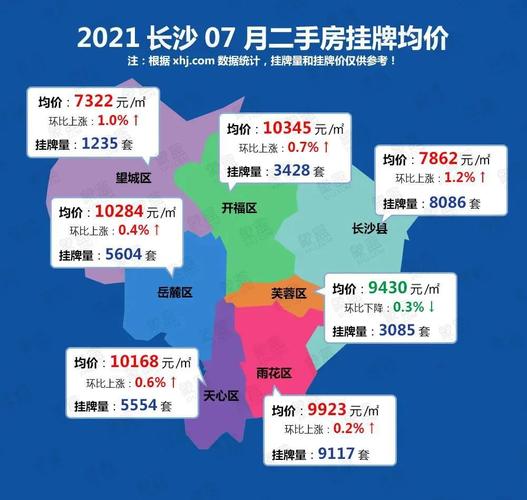城市小产权房买卖合法吗

Understanding the Surge in Real Estate Prices in Small Cities
Real estate prices in small cities experiencing a surge can be attributed to several factors. Let's delve into the key reasons behind this trend and explore some guidance for navigating this market.
One significant factor contributing to the increase in real estate prices in small cities is economic growth and development. As these cities experience economic prosperity, driven by factors such as the establishment of industries, infrastructure development, and job creation, demand for housing increases. This heightened demand often outstrips the existing housing supply, leading to upward pressure on prices.
Population growth and urbanization also play a vital role in driving up real estate prices in small cities. As people migrate from rural areas to urban centers in search of better employment opportunities and improved quality of life, the demand for housing escalates. Additionally, factors such as immigration and natural population growth contribute to increased housing demand, further fueling price appreciation.
Small cities often present attractive investment opportunities compared to larger metropolitan areas. Investors seeking higher returns may turn to real estate markets in these cities due to lower entry barriers and relatively affordable property prices. This influx of investment capital can stimulate demand and contribute to rising real estate prices.
Supply constraints, including limited land availability and zoning regulations, can also contribute to the surge in real estate prices. In small cities where land is scarce or subject to stringent development regulations, the supply of new housing units may be constrained. This imbalance between supply and demand can lead to competitive bidding among buyers, further driving up prices.
Government policies and incentives can significantly influence real estate prices in small cities. Measures such as tax incentives, subsidies for homebuyers, and infrastructure investments can stimulate housing demand and support price growth. Similarly, zoning changes or relaxed regulations aimed at promoting development can impact property values positively.
For individuals looking to purchase property in small cities experiencing a surge in real estate prices, it's essential to conduct thorough research and due diligence. Consider factors such as the local economy, employment opportunities, demographic trends, and future development projects. Additionally, work with a reputable real estate agent who has indepth knowledge of the local market.
Investors should assess the investment potential of properties carefully and analyze factors such as rental yields, capital appreciation prospects, and potential risks. Diversifying investments across different asset classes and geographical locations can help mitigate risk and enhance longterm returns.
The surge in real estate prices in small cities reflects a combination of economic, demographic, and policyrelated factors. While this trend presents opportunities for both buyers and investors, it's essential to approach the market with caution and informed decisionmaking. By understanding the underlying drivers of price appreciation and taking proactive steps, individuals can navigate the small city real estate market successfully.
